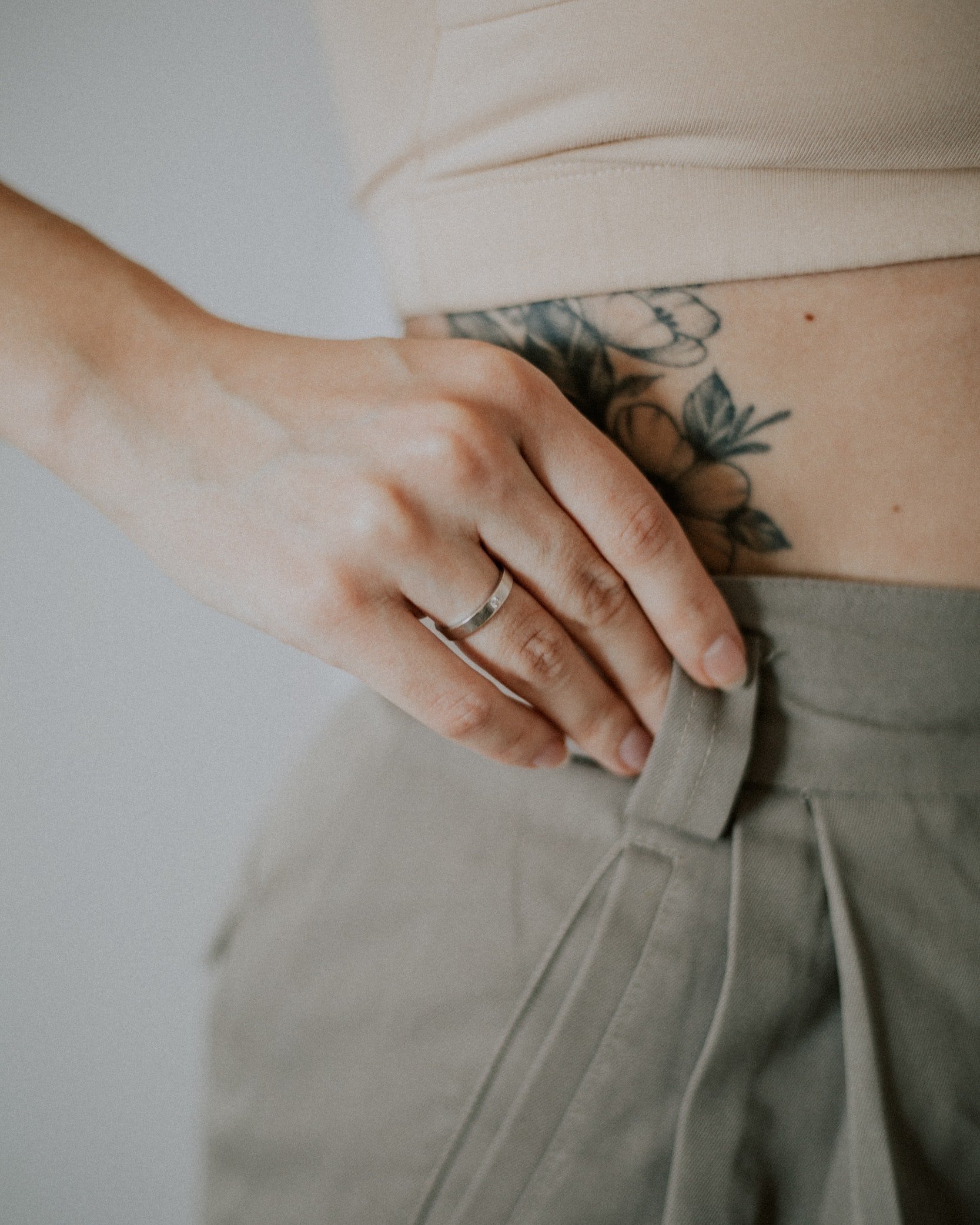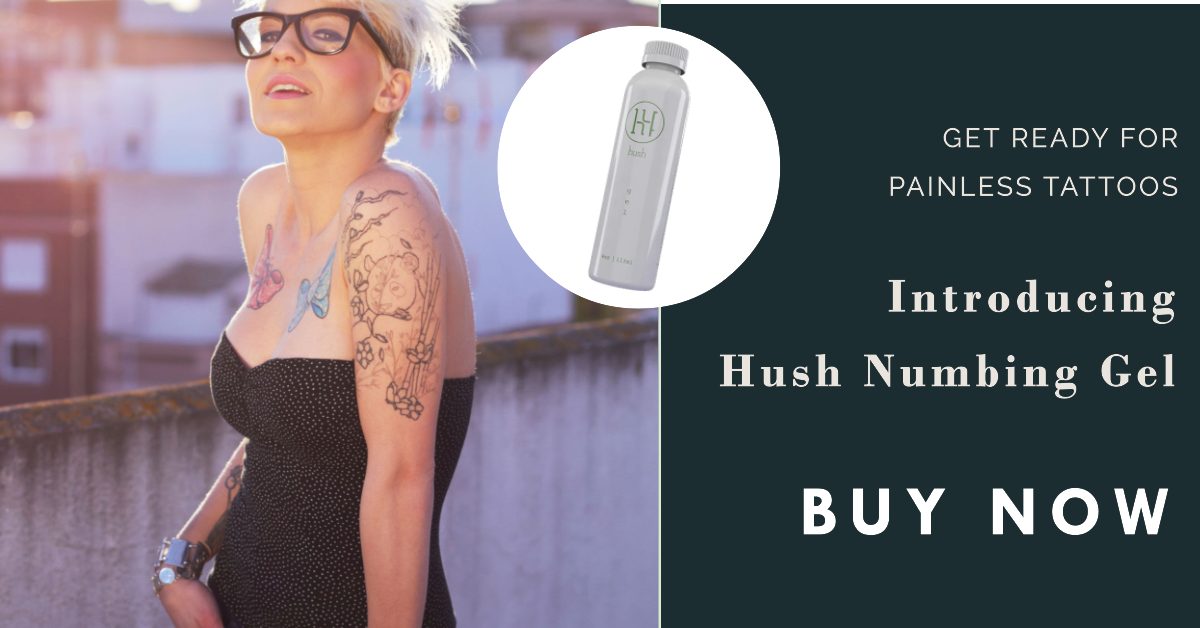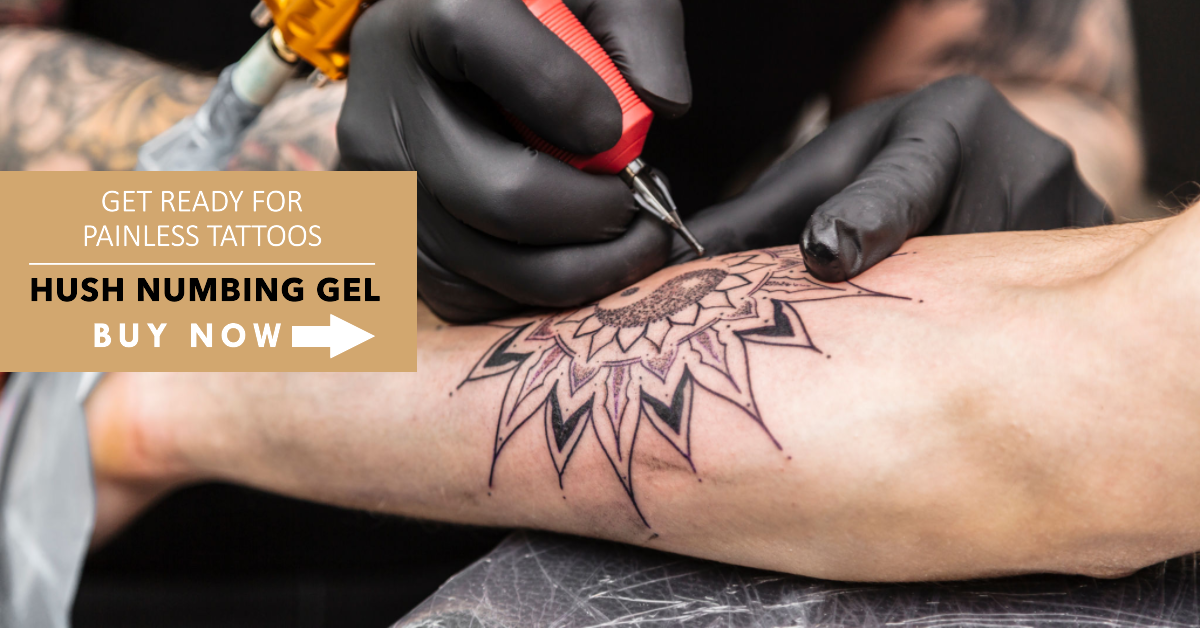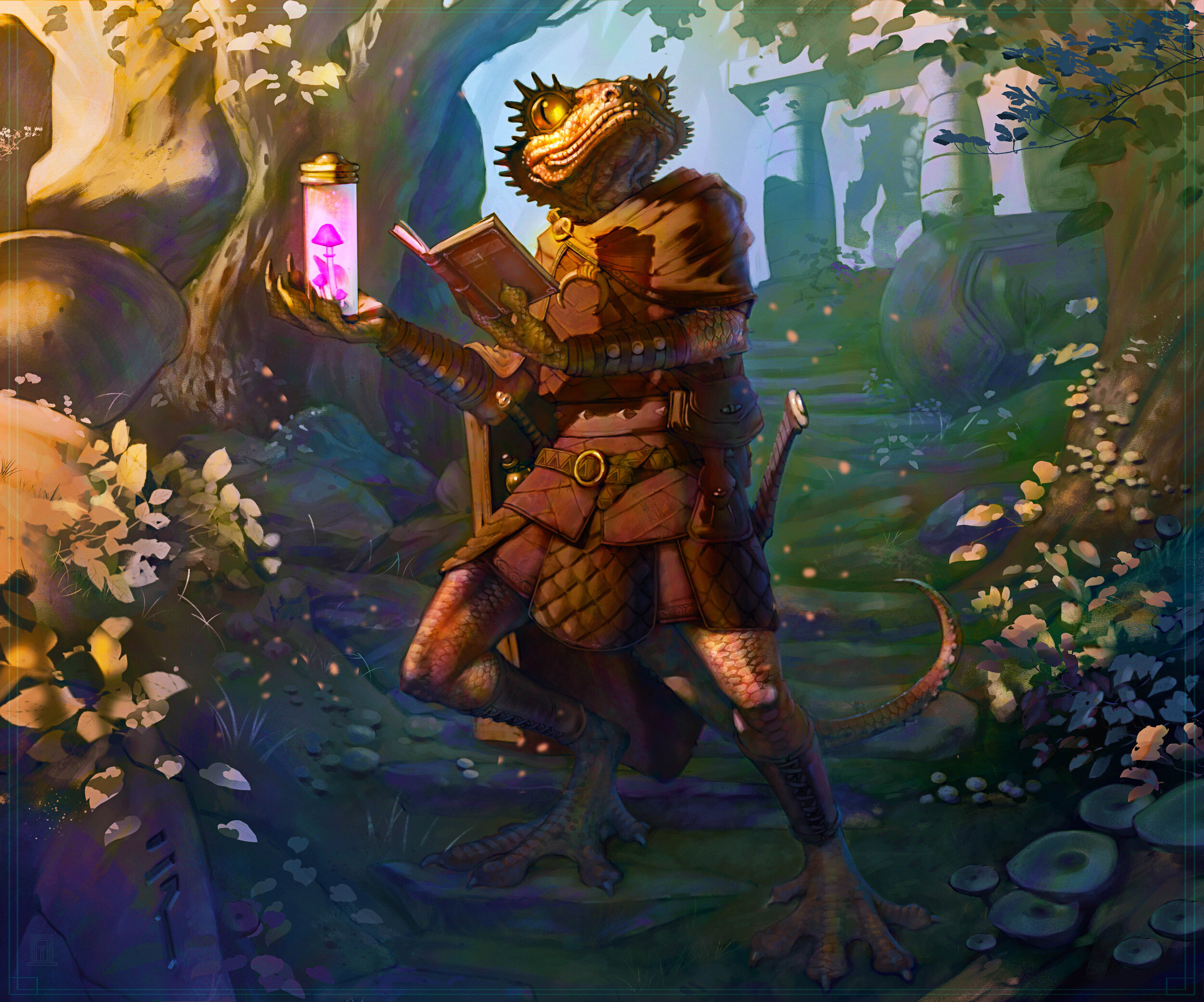Removing vs. Covering Up a Tattoo: Which One to Choose?
/Getting a tattoo is a personal choice. Some get inked to express themselves, others to remember significant moments. But as time passes, your reasons may alter, or the tattoo may lose its relevance. This leaves you with a choice: remove it or cover it up.
Tattoos can be a source of regret, leading to two options: removal or cover-up. Removal is best for a blank slate, but cover-ups suit sentimental designs. A combination of both might be best for large or complex tattoos.
In this blog, we'll discuss the advantages and drawbacks of both options, providing helpful tips to aid you in making the right decision.
Should you cover up or remove your tattoo?
When considering whether to remove or cover up an unwanted tattoo, there are a few factors to consider. For some, the size and darkness of the tattoo may make it difficult to find a suitable cover-up design. In these cases, tattoo removal may be the better option. Laser tattoo removal is the most effective method, but it can be a lengthy and expensive process. The laser breaks down the ink in the tattoo, and the body eliminates the damaged particles over time. However, if you're not willing to commit to a cover-up design that you'll be happy with long-term, you may find yourself in the same position again in a few years. It's important to weigh the pros and cons of each option and make the best decision for your personal circumstances.
| Option | Pros | Cons |
|---|---|---|
| Tattoo Cover Up |
|
|
| Laser Tattoo Removal |
|
|
Collaborating with a Tattoo Artist: Key to Making the Best Decision
Working with a knowledgeable tattoo artist is the first step to deciding the best course of action. They can help you decide between a cover-up tattoo or laser tattoo removal, and offer valuable insight into what would work best for your unique situation. An experienced artist can collaborate with you to create a new design that covers your old tattoo while incorporating elements you want to keep.
A skilled artist understands the importance of creative solutions that make the cover-up design work with your existing tattoo. They can suggest color and shading options to ensure the new tattoo blends well with your skin. Your artist can also advise you on how much of the old tattoo needs to be lightened before the cover-up tattoo can be done.
Tattoo cover up and laser tattoo removal are not mutually exclusive options, and partial tattoo removal can be an excellent alternative for those who want to keep some parts of their old tattoo. Regardless of what option you choose, collaborating with a knowledgeable tattoo artist is the key to achieving a visually stunning and emotionally meaningful cover-up tattoo.
Partial Tattoo Removal: An Effective Way to Get a Cover-Up Tattoo
For those looking to get a cover-up tattoo, partial tattoo removal is a great option that can help lighten the old tattoo using laser tattoo removal, making it easier to cover up with a new design. This method provides a way to avoid the costly and painful process of completely removing an old tattoo, and still get a new design that you'll love. It's an effective way to get a cover-up tattoo that is both affordable and efficient.
Incorporating Your Old Tattoo into a New Design: A Creative Solution for a Regretted Tattoo
Incorporating your old tattoo into a new design is a creative and meaningful solution for those who regret their tattoo. Instead of completely covering up the old tattoo, a skilled artist can create a new design that blends seamlessly with elements of the old tattoo in a fresh and creative way. This can help retain the sentimental value or personal significance of the old tattoo while still getting a new design that you'll love.
Finding the Right Tattoo Artist for a Cover-Up Tattoo: Why Experience Matters
Finding an experienced tattoo artist for a cover-up tattoo is crucial. An experienced artist will know how to effectively cover up your old tattoo while still creating a new design that you'll love. They will also know how to choose the right colors and shading to ensure that the cover-up tattoo blends seamlessly with your skin. To ensure the best results, look for an artist with a portfolio and positive reviews. Choosing the right artist for a cover-up tattoo is a significant decision that can have a long-lasting impact, so take the time to research and find the best one for your needs.
What Tattoo is Hardest to Cover Up?
Covering up tattoos is a daunting task, especially when it comes to hiding an old design with a new one. The ease of covering up a tattoo depends on several factors, including the type of tattoo design. The trickiest tattoos to cover upare big, bold, and heavily inked designs. These types of tattoos usually have a lot of black ink, like tribal tattoos or oversized lettering. The darker and bolder the tattoo, the harder it is to cover up. Intricate details or shading can also make it tough to completely conceal the old tattoo.
Moreover, tattoos located on certain parts of the body can be problematic to cover up. Tattoos on the hands, feet, and fingers can be tricky to hide due to the limited space available. Tattoos on the face, neck, or head are also challenging to cover up due to their visibility.
If you're considering a cover-up tattoo, it's crucial to consult with an experienced tattoo artist who specializes in cover-ups. They can evaluate your existing tattoo and suggest the best approach to effectively cover it up. In some cases, they may recommend laser tattoo removal before proceeding with the cover-up to achieve the best results.
To ensure the success of your cover-up tattoo, it's vital to collaborate with a skilled artist who can provide creative solutions to make the new design work with your existing tattoo. They can suggest color and shading options that blend well with your skin and ensure that the cover-up tattoo looks visually stunning and emotionally meaningful.
What is the Most Regretted Tattoo?
Tattoos are a permanent form of body art that people use to express themselves. However, sometimes people regret their tattoos for various reasons. One question that often arises is which tattoo is the most regretted one? According to a survey conducted by the online platform YouGov, the most regretted tattoo is ex-partner or spouse's name.
The survey revealed that 19% of tattooed adults with their former partner's name regretted the tattoo, compared to 13% for other types of tattoos. This is because relationships can be unpredictable, and people want to remove reminders of past relationships. Other commonly regretted tattoos include those with poor designs, spelling mistakes, or visible tattoos that can negatively affect job prospects.
The survey also found that people who got their first tattoo at a young age were more likely to regret their decision than those who got their first tattoo later in life. Although tattoo removal is an option, it can be expensive and painful. It is important to carefully consider the design and placement of a tattoo before getting inked to avoid potential regret in the future. Remember, a tattoo is forever, so it's best to choose something that will be meaningful to you throughout your life.
Do Tattoo Cover-ups Have to be Bigger?
Many people who have a tattoo that they regret often opt for a tattoo cover-up. This is a process that involves concealing the old tattoo by overlaying it with a new design. A common misconception is that the new design must be bigger than the old tattoo, but this is not necessarily the case. The most important factor is to carefully plan the new design to effectively cover up the old tattoo.
A skilled tattoo artist will be able to assess the existing tattoo and recommend the best course of action. Sometimes, incorporating elements of the old tattoo into the new design can create a more cohesive and effective cover-up. The size of the new tattoo will depend on the complexity of the design and the amount of coverage needed to conceal the old tattoo.
In some cases, a smaller design can work just as well as a larger one. However, it's crucial to work with an experienced tattoo artist to ensure a successful cover-up. The artist's expertise is essential in achieving the desired result, regardless of the size of the new design.
Remember, a tattoo cover-up is a creative process that requires careful planning and execution. By working with a skilled artist, you can achieve a new design that effectively conceals your old tattoo and brings new life to your body art.
The Emotional Impact of Tattoo Removal
Deciding to remove or cover a tattoo associated with traumatic memories can be a difficult and emotional process. For many, the physical reminder of the past can bring up painful emotions that are hard to deal with. The decision to remove a tattoo can feel like a loss of a part of oneself, and the physical process of removal can be painful and uncomfortable. The stigma surrounding tattoos can also make those seeking removal feel ashamed or judged, which can lead to feelings of anxiety, depression, and low self-esteem.
To manage the emotional impact of tattoo removal, seek support and use coping strategies. Focus on the positive aspects of removal, like starting fresh and creating a new image. Self-care activities, such as exercise or spending time with loved ones, reduce stress and anxiety.
Support from others who've gone through similar experiences is crucial. Online communities and support groups for tattoo removal offer a safe space to share feelings and experiences, offer advice and connect with others who understand. Professional counseling or therapy can also help manage emotions related to tattoo removal.
Choose a reputable tattoo removal provider who can offer guidance and support throughout the process. Many providers offer consultations to discuss options and address any concerns. Following aftercare instructions carefully ensures proper healing and minimizes discomfort.
Natural Remedies for Tattoo Removal: Are They Effective?
As more people seek to remove unwanted tattoos, the use of natural remedies has become a popular topic. Some believe that using items like lemon juice or salt can effectively fade or remove tattoos without the need for professional treatment. However, it is important to understand that natural remedies are unlikely to provide significant results.
Laser tattoo removal is the most effective way to remove a tattoo, as it breaks down the ink particles in the skin so that they can be naturally removed by the body's immune system. While natural remedies may seem like a less expensive and less invasive option, they may not provide the same level of results as professional tattoo removal.
Furthermore, attempting to remove a tattoo with natural remedies can cause damage to the skin, leading to scarring or infection. It is crucial to seek professional tattoo removal services for safe and effective removal of unwanted tattoos.
Overall, while there may be many natural remedies that are promoted as effective for tattoo removal, it is important to understand that they are unlikely to provide significant results. Professional laser tattoo removal is the safest and most effective option. Consult with a professional to determine the best course of action for your individual needs.
Are You Ready To Fix Your Tattoo Mistakes?
It's important to take your time when considering a cover-up tattoo. Rushing into a new design could result in another regrettable tattoo.
Take the time to carefully think about your options and do your research. Consider booking a few tattoo removal sessions to make the cover-up process easier and more successful. This will allow your tattoo artist to work with a clean canvas and give you the best possible outcome.
































